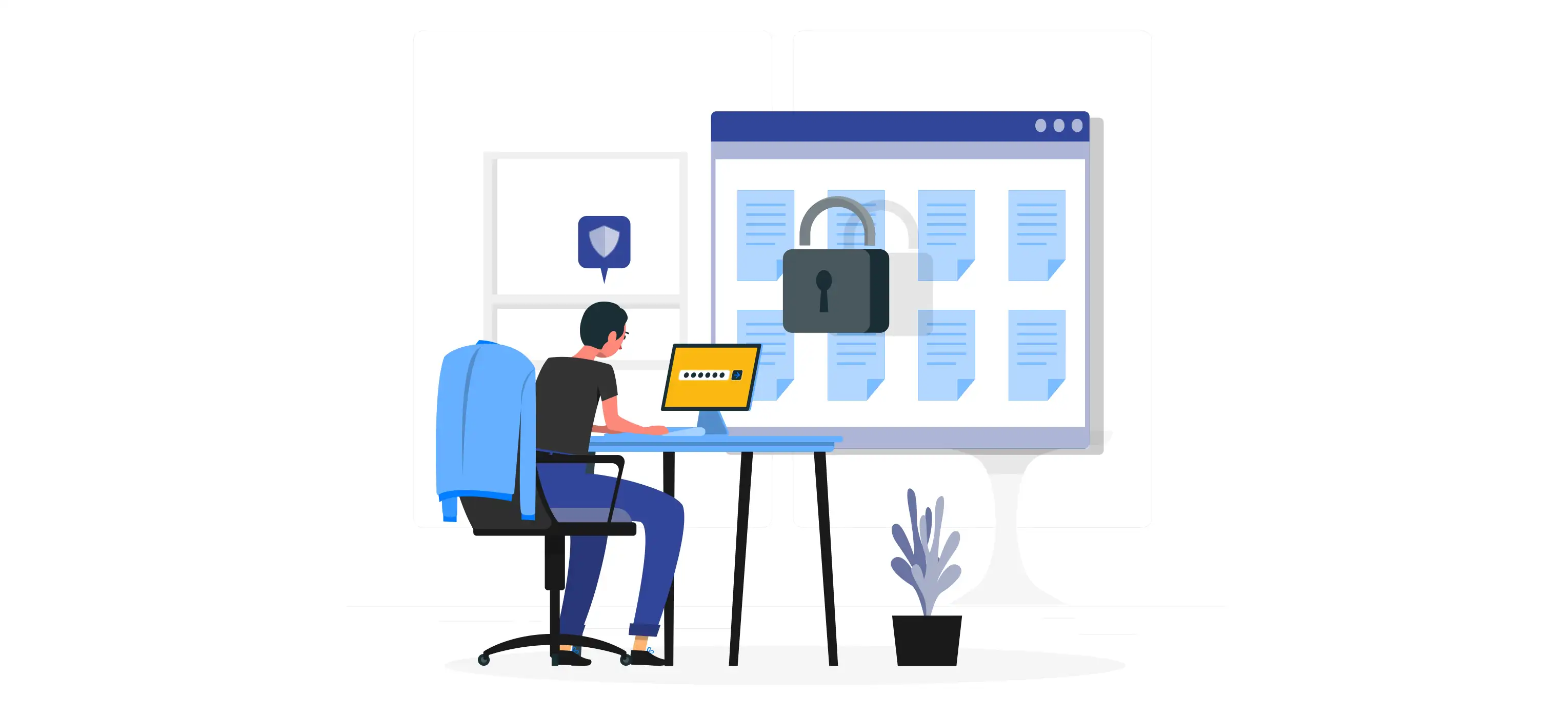 Satendra K
May 24, 2024
Satendra K
May 24, 2024

A career transition to cybersecurity without quitting your current job is achievable through a multi-pronged approach that focuses on self-paced learning and hands-on experience. The key is to leverage flexible, online resources and Micro-Learning Techniques to build a solid foundation of skills and knowledge.
Today, robust cybersecurity measures are no longer a luxury but a critical necessity. As cyber threats evolve in sophistication and frequency, organisations across all industries require a skilled workforce to safeguard their digital assets. According to the ISC2 Workforce Study, A sizeable portion of early-career cybersecurity hires come from non-IT / non-CS / non-cybersecurity degree backgrounds. Highlighting the need for Cybersecurity professionals worldwide.
However, busy professionals often face a significant challenge: balancing the pursuit of career-enhancing cybersecurity skills with the demands of a full-time job. This guide serves as a practical roadmap, empowering professionals to navigate this challenge and effectively enhance their cybersecurity knowledge without compromising their current position.
Investing in cybersecurity skills offers a multitude of advantages for today's professionals. From a career perspective, a strong understanding of cybersecurity translates to increased marketability and opens doors to exciting opportunities within a high-demand field.
Furthermore, possessing these skills enhances your value to your current employer, potentially leading to promotions and recognition. Beyond professional benefits, getting cybersecurity training empowers you to make informed decisions in today's digital environment, safeguarding your personal information and protecting your loved ones from online threats. Ultimately, by upgrading your cybersecurity skills, you contribute to a more secure digital ecosystem for everyone.
The contemporary digital landscape presents a formidable challenge: the ever-present threat of cyberattacks necessitates a highly skilled cybersecurity workforce. However, professionals with demanding workloads may need help finding time for effective knowledge acquisition.
Let’s explore a strategic framework for busy professionals to cultivate their expertise in cybersecurity without compromising their current roles.
1. Self-Paced Learning and Certifications
2. Micro-Learning Techniques
3. Hands-On Experience and Practice
4. Set SMART Learning Goals
5. Network with Cybersecurity Professionals
6. Leverage Your Current Role
7. Map Out Your Transition
8. Seek Guidance from Mentors
9. Maximizing Time Management
The digital age offers a plethora of learning resources readily accessible online. Here, we explore some key options:
Our fast-paced professional lives often make dedicating large blocks of time to learning a challenge. Here's where micro-learning techniques can be particularly beneficial:
Theoretical knowledge is essential, but practical application takes it to the next level. Here are ways to solidify your understanding through hands-on experience:
The power of clearly defined goals cannot be overstated. Utilise the SMART framework to establish Specific, Measurable, Achievable, Relevant, and Time-Bound objectives. For example, a SMART goal could be: "Within the next six months, I will complete two online courses on network security fundamentals and earn a certification in security essentials." Setting SMART goals not only provides direction but also helps you track your progress and stay motivated throughout your learning journey.
The cybersecurity community is a vibrant and supportive network. Connecting with like-minded professionals allows you to learn from their experiences, share knowledge, potentially forge valuable collaborations, and even find job opportunities. Here are some ways you could improve your Network with cybersecurity professionals;
Consider leveraging Transferable Skills from your current job roles. Start by identifying and highlighting the skills from your current job that are relevant to cybersecurity. Skills like problem-solving, critical thinking, communication, and attention to detail are highly valued. If your current company has an IT or security team, ask about:
Planning your cybersecurity career transition makes it easier to stay focused, realistic, and consistent while building skills alongside your current job. Consider following the process below;
Finding a mentor in the cybersecurity field can be invaluable. Look for experienced professionals who are willing to share their knowledge and offer career guidance. Mentors can provide insights on navigating the cybersecurity landscape, suggest relevant learning resources, and offer constructive feedback on your progress. Don't hesitate to reach out to professionals you admire often; a simple email or message on LinkedIn can open doors to mentorship opportunities.
|
Pro Tip: Maximizing Time ManagementSet a regular study schedule outside work hours, mornings, evenings, or weekends, based on personal availability and energy levels. Split learning into short intervals (e.g., 30 minutes a day) to avoid burnout and maintain progress over time. Leverage mentorship or peer learning: ask colleagues in IT/cybersecurity roles to share insights or guidance while still employed in another position. Here is an example of how you can plan a learning schedule;
Remember to be consistent in your learning. Consistency beats intensity; you’ll build skills steadily without burnout. |
Equipping yourself with cybersecurity expertise is an achievable goal, even amidst a demanding work schedule. By leveraging online resources, employing micro-learning techniques, and engaging in hands-on practice, you can steadily build your knowledge base. Remember, success hinges on setting SMART goals, actively engaging with the cybersecurity community, and seeking guidance from mentors.
You may like to know: Highest Paying Cyber Security Jobs